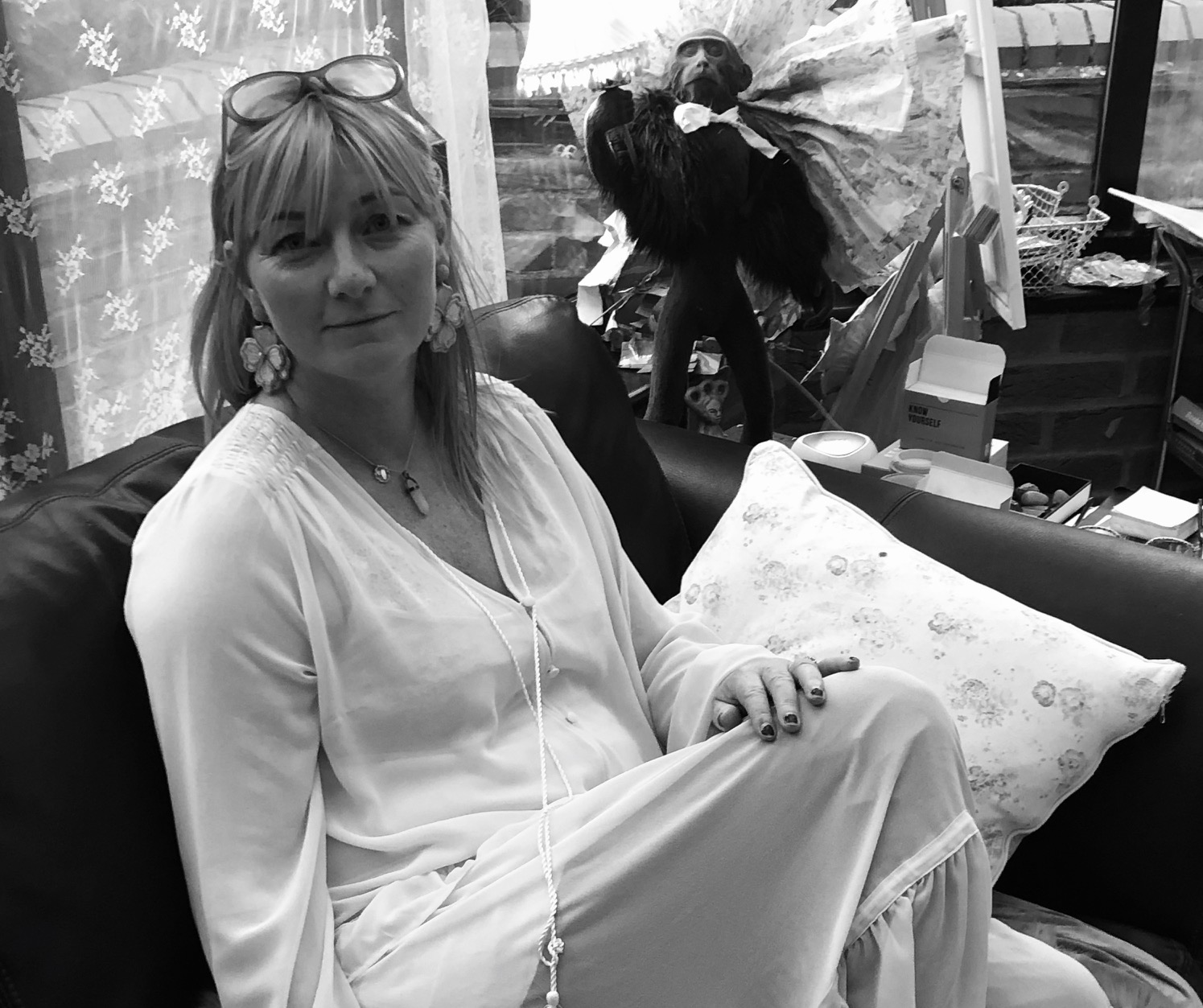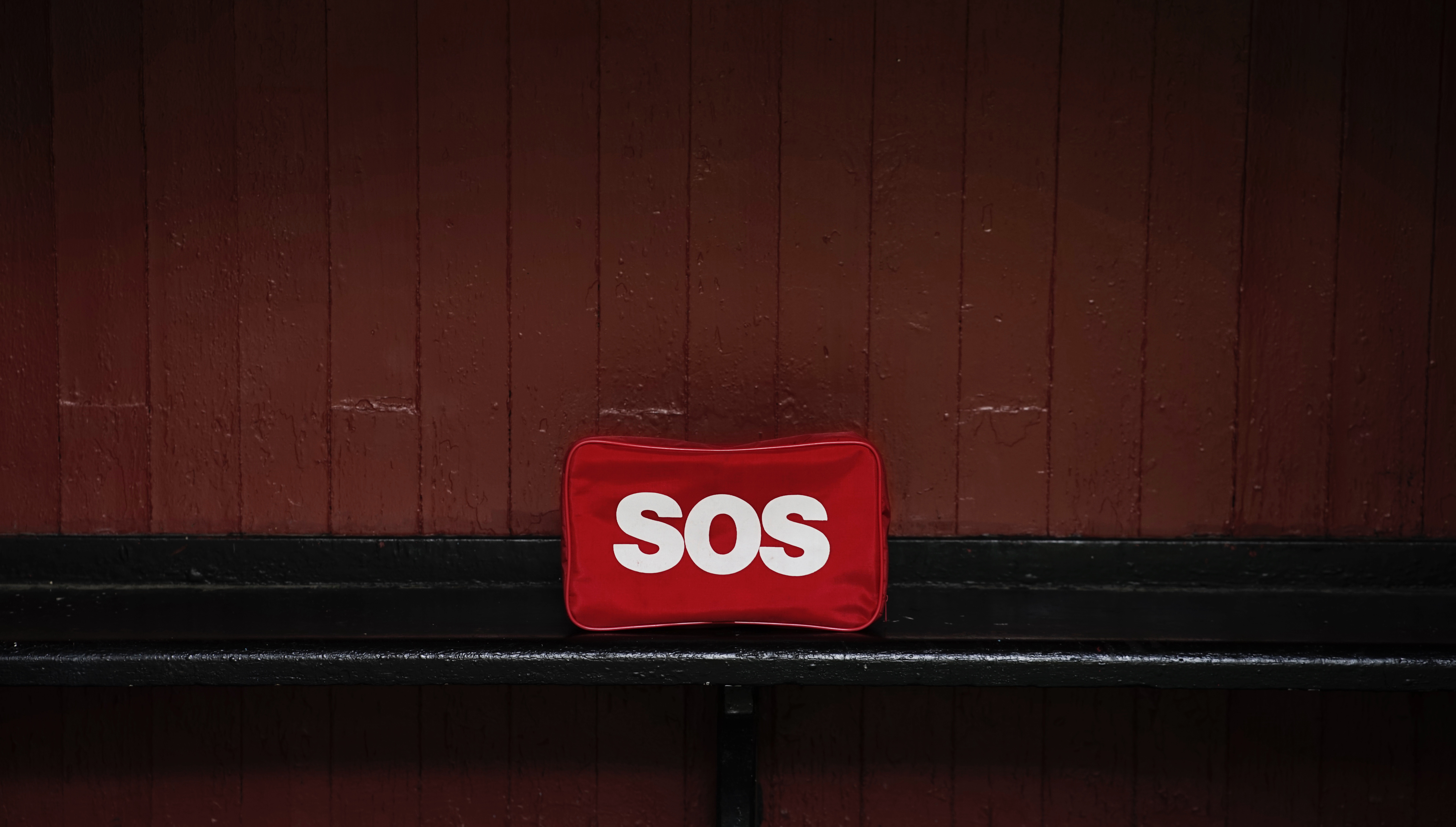The bloody menopause, a difficult and mis-understood phase of life that I have just embarked upon. For the sake of clarity, you will hear people talk about the perimenopause phase and the menopause. The two are inter-twined, the perimenopause phase is basically the run up to the menopause. It refers to the time during which our body makes the natural transition to the menopause, marking the end of our reproductive years. Symptoms will start during the perimenopause phase, which can last for a significant period of time. However, like childbirth, mental health and grief it can be a profoundly different experience for all of us, but it’s a fundamental change for a woman, that we have to go through whether we like it not.
As a society, we often make light of female hormones, pre-menstrual tension and mood swings. Indeed, wrongly or rightly, I have been guilty of this with my children – as they run around fetching cold flannels for my hot flushes and bringing me the latest edition of vogue when exhaustion takes over my body and I need to lay down. I don’t want them to worry about me or know the true extent of trauma that the menopause can bring. I explain the perimenopause/menopause to them as I am coming down the other side of the mountain, as my hormones start to fizzle out whilst their journey is the opposite. They are on the way up the mountain, as their hormones start to develop within their bodies – fresh and rearing to go with a whole new world ahead of them.
Mentally, I genuinely don’t have a problem with entering my menopause, middle age spread or generally getting older. It’s a natural part of the ageing process and that’s fine by me. But I do have a problem with how ill it can make me feel and the debilitating effect it can have on my life at times.
As a society, we need to take this issue much more seriously. It’s up there with mental health in terms of its impact. At best it can often be mis-diagnosed as depression and at worst ignored. There is no real support network and some of the medical profession can be inconsistent, ineffective and uncaring in their approach. Just a note here, I have also seen and heard about some fabulous GPs and consultants doing their very best to work within the constraints that they have in this area. Let’s be clear, hormones are not a joke. They are crucifying at times, they can lead to suicidal tendencies and change the very core of a person. It’s like having an alter ego that inhabits your body without invitation, at unknown intervals, with unknown consequences.
Some of the time I still operate in ‘my normal way’ – high energy, intellectually active, exercise as much as practically possible with 3 children, get up early each day to ensure all bases are covered and generally drive my husband and kids into a happy and content level of exhaustion. Holidays and adventures are planned and booked in advance, husband and children’s needs are meet via ESP rather than waiting for them to ask and “no, you can’t do that or go there” is not a phrase commonly used in our household.
Then out of the blue, and sadly of late, happening more much frequently, I turn into an unrecognisable wreak of a person. I am so physically exhausted I simply cannot get of bed, I have no appetite but continue to put on weight, I cannot see the wood for the trees and lose my compass settings which enable me to navigate my demanding life. I simply want to crawl into bed and sleep. My brain capacity is shot to bits, I cannot finish a sentence as I often forget what I was talking about and walk around trying to remember what I was doing in the first place. And worst of all, I cannot see the gorgeous, positive aspects of my life. I feel tired, put upon, isolated and generally quite hopeless. Hence the reason so many women with premenopausal or menopausal symptoms are being so easily mis-diagnosed with depression – they sound similar right? But the problem is that hormone imbalances need a completely different approach so being mis-diagnosed really does not help. Indeed, it can make it so much worse as you do not seem to be getting any better or making headway despite taking medications and/or having counselling.
I am one of the lucky ones – I have a very forward thinking and caring GP. We live in a village and therefore I have never been rushed through a 10-minute appointment nor had to wait longer than 24 hours to see my GP. She listens to me, really listens and we discuss the way forward together. This experience, sadly, seems to be the exception rather than the norm. I have heard horrific stories of women simply being told to ‘grin and bear it’ or ‘welcome to the menopause’, like it’s some kind of joke. It is not a joke and needs to be taken far more seriously.
Sadly, despite having a genuinely caring and very talented GP, the NHS is simply not set up to deal with hormonal imbalances and the menopause in an effective way. Therefore, I have reverted to a private specialist, where I am able to receive the help, support and medications required. For many women, this is simply not an option. So, they soldier on, feeling crap most days, for what can be a considerable number of years. I don’t actually think that we have any idea of a) the number of women suffering from a difficult perimenopause/menopause b) the true extent of the symptoms and impact on their lives and c) how many severe conditions actually make up our current suicide rates. We don’t know this because women either a) go to their doctors and are told to get on with it or b) don’t go to their doctors because they think they will simply be told to get on with it.
As a society we have to open our eyes to understand the true impact for women experiencing perimenopausal/menopausal symptoms. This is a serious epidemic going on across the world, for a significant number of middle aged women (and some younger women too). Let’s bring this issue out into the light, to enable the creation of an environment where we can have effective diagnosis and treatment, appropriate support structures but most of all, a real understanding of how the perimenopause/menopause really impacts women.
In summary, there are 3 key points I would love for you to take from this post:
1. The perimenopause/menopause is a serious matter, not to be under-estimated and we need to create a far better support structure, particularly within the NHS, to diagnose and treat appropriately
2. None of us should feel embarrassed to tell it ‘how it really it is’. The more of us that come clean about some of the debilitating symptoms that go with hormone imbalances, the more chance we have of driving the changes required in society to deal with it more effectively
3. And like grief and mental health, we need to keep looking, challenging and finding a better way, to enable the next generation to deal with these challenges when their time comes, to stop making fun of hormones and understand the real damage they can do.


